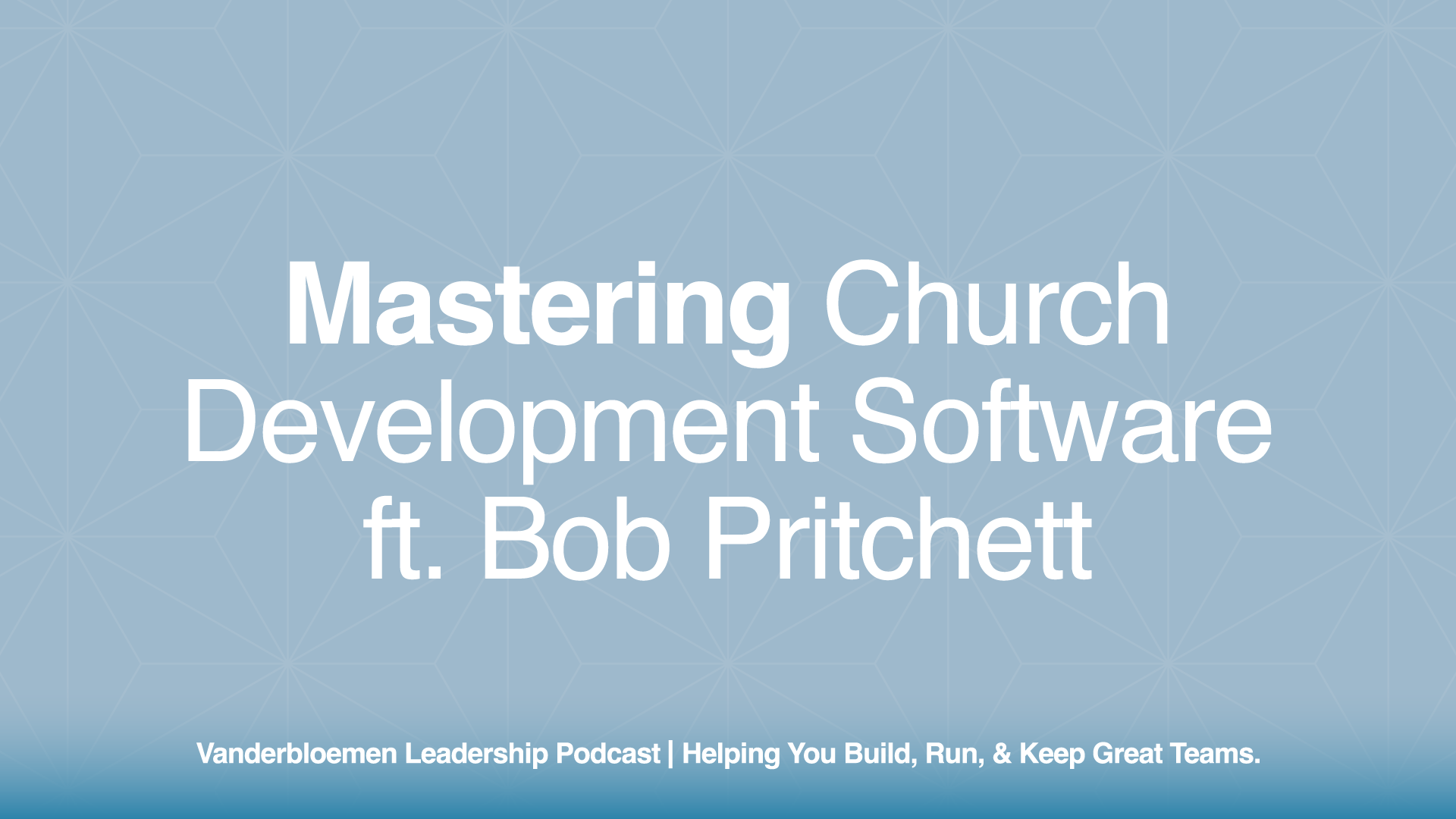In his latest book, “How the Mighty Fall,” Jim Collins talks about why great companies often fail. In my executive search work with large churches, and my work as a pastor, I have found that Collins’ research on companies has incredible parallels between not only churches, but also individuals who fall.
Collins has identified 5 stages on the path to failure. They are listed below with my brief synopsis, commentary, and questions you (or your church) might use to prevent a fall. I’d love to hear your thoughts on this soon to be hot topic.
STAGE 1: HUBRIS BORN OF SUCCESS
God elevates a person, church, or company because of their humility and ability. But soon, success becomes a set of blinders that keeps people from thinking seriously about their possible failure. Think of how none of the churches of Revelation exist now. How Rome fell. The list could go on and on.
Ask yourself: When is the last time you prayed for humility? How do you (or your church) do your gut checks against the blinders of success?
STAGE 2: UNDISCIPLINED PURSUIT OF MORE
God elevates a people or person for their excellence in an area. The person/church begins to take on new disciplines that they are either ill-equipped to do, or have no business doing. Think of how Solomon “diversified his portfolio” by taking 700 wives. Think of how the fall of nearly every general in history is taking on a multi-front war.
Ask yourself: What are the one or two things I (or my church) should use my skills for? Am I focusing on those things, or wandering into something new just so I can “grow bigger?”
STAGE 3: DENIAL OF RISK AND PERIL
A person/church is failing, but there’s still enough health to “explain away” the problems and believe that things are fine. A major symptom: shut down of dialogue. Think of how the kings of the Bible clamped down as their kingdoms drifted from a God-mission. Another major sign: blame-shifting.
Ask yourself: Are lines for honest dialogue more open, or less open than they were a year ago? When is the last time I personally accepted responsibility for specific problems?
STAGE 4: GRASPING FOR SALVATION
Fearful, reactive behavior begins to permeate the falling individual/church/company. Think of how Saul was plagued with reactive behavior and paranoid persecution of David as his throne crumbled. Nearly every failing individual/church/company enters a stage where the leader believes they can save the organization by frenetic work, rather than a return to the original disciplines that bore excellence
Ask yourself: Is your current plan for the future based on what you are gifted at doing, or what you are afraid might be happening? Are you being proactive, or reactive with your life and mission?
STAGE 5: CAPITULATION TO IRRELEVANCE OR DEATH
Enough losses mount that hope fails, the person (or church) that’s failing raises the white flag. Once hope is extinguished, failure is inescapable. Sometimes this takes the form of relentless negativity, strong stands against all that is evil (rather than a call for hope). If attitude determines altitude, this is the point where the mind of the failing sets a course for a crash landing.
Ask yourself: If you asked those around you to label you (or your church), would they call you an ambassador of hope, or a prophet of doom?
A REASON TO HOPE:
In the midst of all failures studied, Collins found that there are some companies who can turn the ship around and, that they share a common marker: they didn’t avoid problems, but found a way to hope in the middle of despair, and comeback to even better levels of success after setbacks. It is almost as if Collins implies that those who are truly successful are able to hope against hope, and find a way to bring life to what was dead.
Now that sounds a little bit like Easter to me. And it gives me hope. Take a hard look in the mirror. Then look to the Risen Savior and know there is a hope for your future.
If you would like to learn more, read and watch exclusive interviews reviewing the book here, or order the book and read for yourselves.


